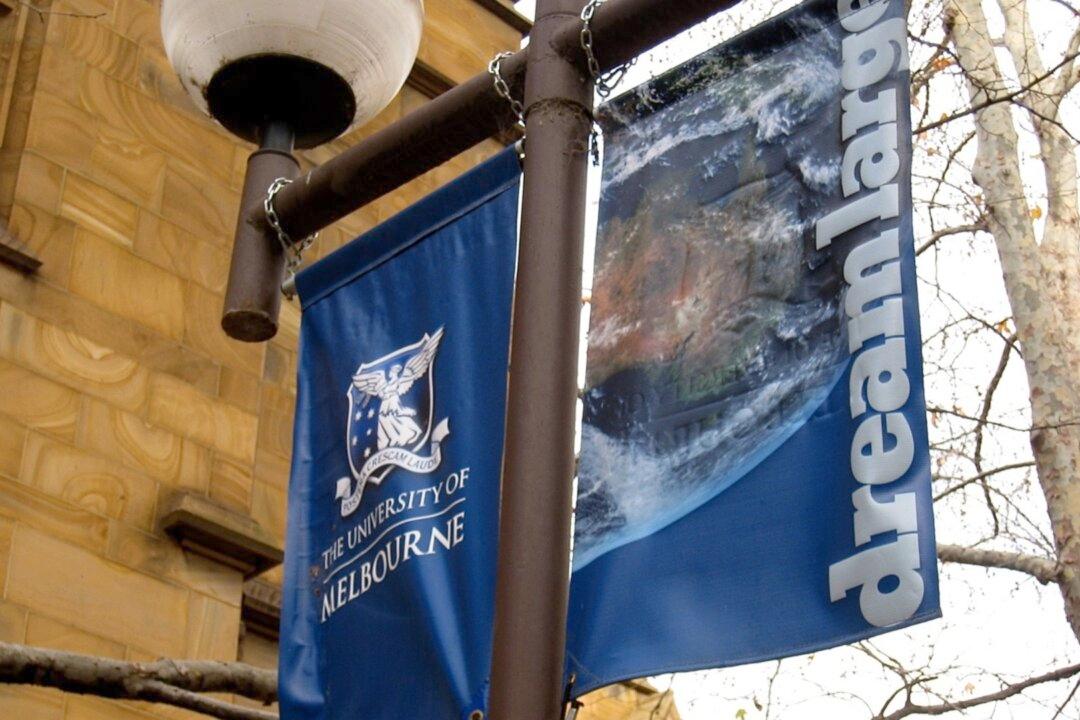A Melbourne academic believes women are not standing up for their rights to have female-only spaces—like single-gender changing rooms—because they will be targeted as transphobic.
Alongside this, she believes that the increasing encroachment of gender-neutral language, such as “chest-feeding” and “gestational carrier,” is impacting the rights of women; who are allowing it for the sake of being “progressive,” without pausing to consider whether it is in the interests of women.





